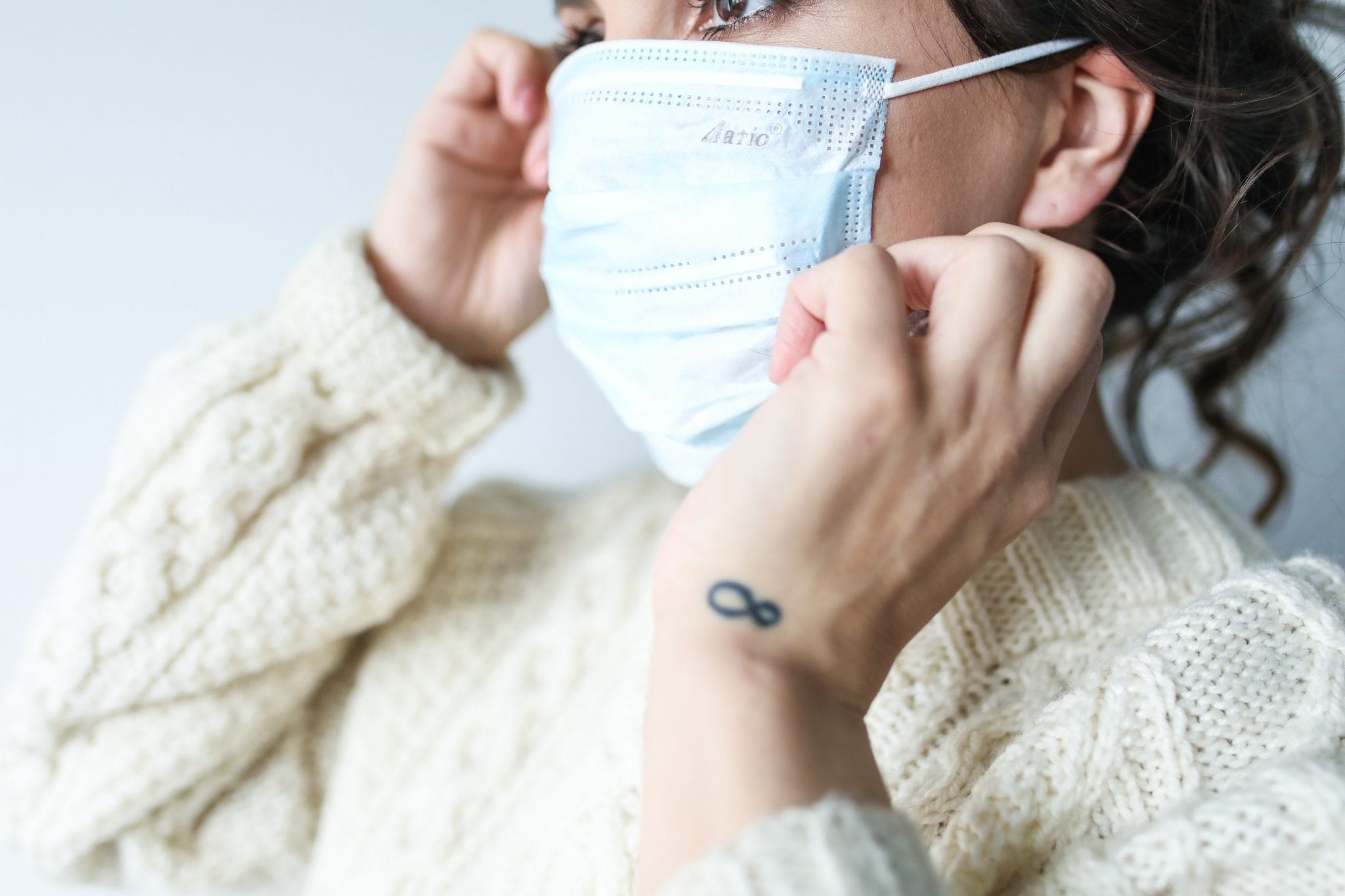
COVID-19 and Human Trafficking
The coronavirus, also known as COVID-19, has resulted in widespread stay at home orders, shuttering businesses and creating mass layoffs. Human traffickers prey on those who are economically vulnerable which has some experts concerned that the virus could lead to an increase in trafficking in persons. At the same time, there is a shortage of certain items needed to protect those who are on the frontlines fighting this virus, such as face masks, gowns, and hand sanitizers, which has governments turning to easily exploitable labor sources and turning a blind eye to known cases of forced labor.
Additionally, trafficking victims are likely at greater risk of contracting COVID-19. The UN Special Rapporteurs on migration and trafficking in persons issued a statement warning that trafficking victims “may be particularly at risk of COVID-19 because their living or working environment may expose them to the virus without necessary protection.”
The United States has a law that prevents goods made in whole or in part from forced or prison labor from being imported. This law was used in September 2019 to prevent rubbers gloves produced in Malaysia from entering the United States because Customs and Border Protocol (CBP) had credible evidence that they were being produced with forced labor. As coronavirus spread, people panicked and purchased large quantities of rubber gloves leaving hospitals unable to obtain them for healthcare workers. CBP has since revoked the withhold release order meaning that rubbers gloves from Malaysia can now be imported. In their press release, CBP claims that the order “was revoked based on recent information obtained by CBP showing the company is no longer producing the rubber gloves under forced labor conditions. However, activists and the International Labor Organization note that conditions of forced labor may still be present.
Domestic workers have always been vulnerable to exploitation because they work out of sight in private homes. The International Labor Organization estimates that 24 percent of the 16 million people in forced labor in the private economy are domestic workers. With families staying at home and some losing jobs as a result of COVID-19, increased workload and delayed or non-payment of wages for domestic workers is a possibility. Human Rights Watch has raised concerns particularly about foreign domestic workers in the Middle East whose legal status in the country is tied to their employment and they are not allowed to change jobs without their employer’s permission. Human Rights Watch is urging governments to raise awareness among those employing domestic workers of their obligations, to raise awareness among domestic workers of their rights, and to enforce a zero tolerance policy for those who engage in labor rights abuses.
There is also concern that the pandemic will lead to an increase in sex trafficking. The Thomson Reuters Foundation reports that in Amsterdam activists are worried that with the closure of sex clubs it “is likely to drive the trade underground” and increase the workers’ vulnerability to sex trafficking.
This is a time when the lives of the most vulnerable are at greatest risk of COVID-19 and their access to recourse is even more limited than ever before. Human Trafficking Search supports the actions of all those governmental and private organizations that are raising awareness and demanding support for those most directly impacted by the virus.
